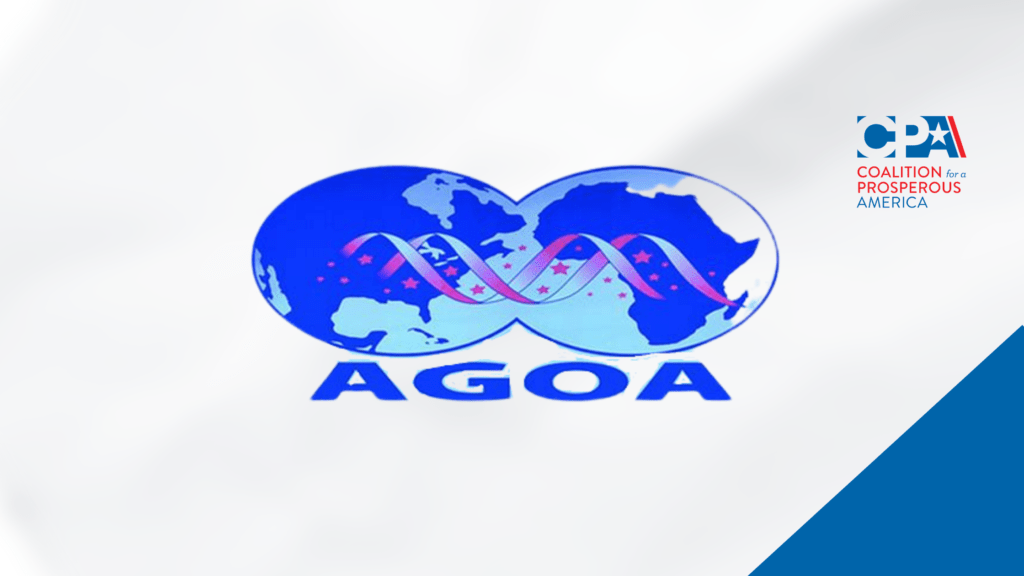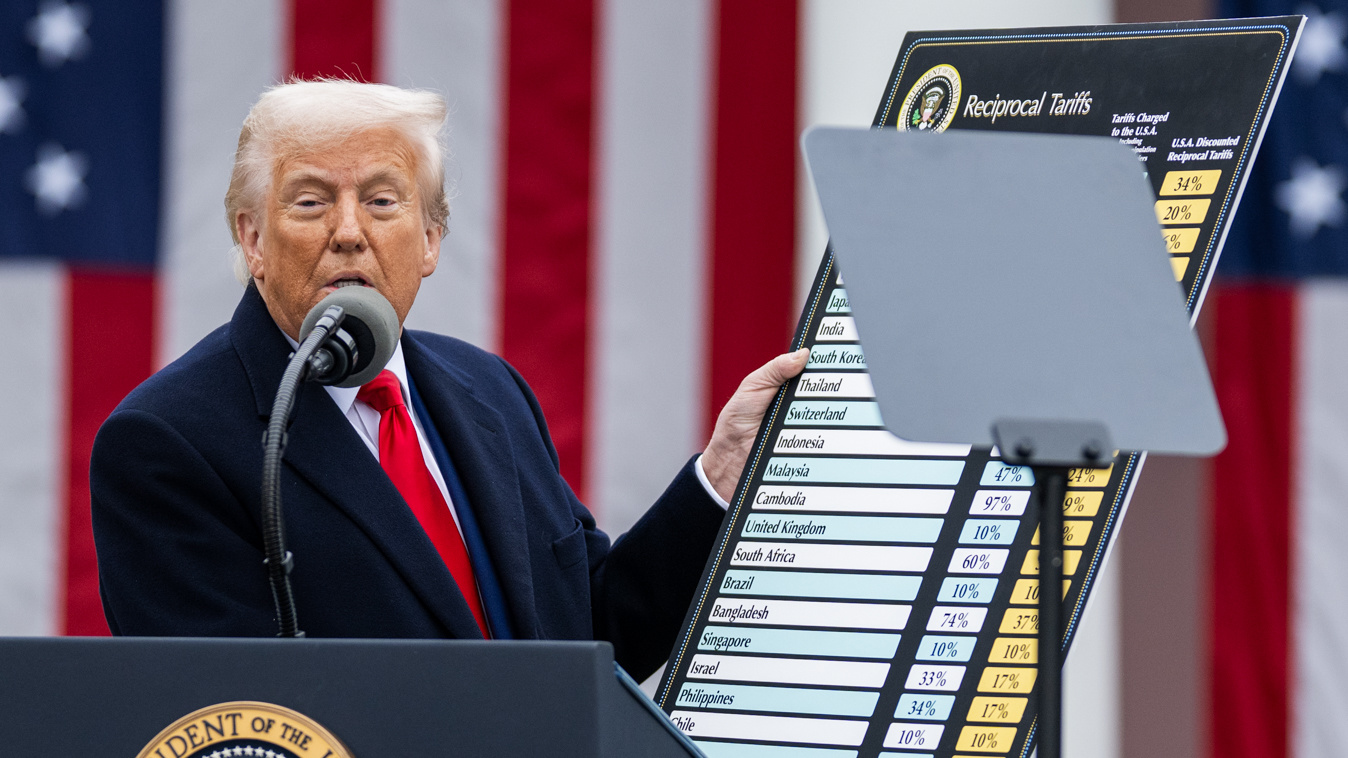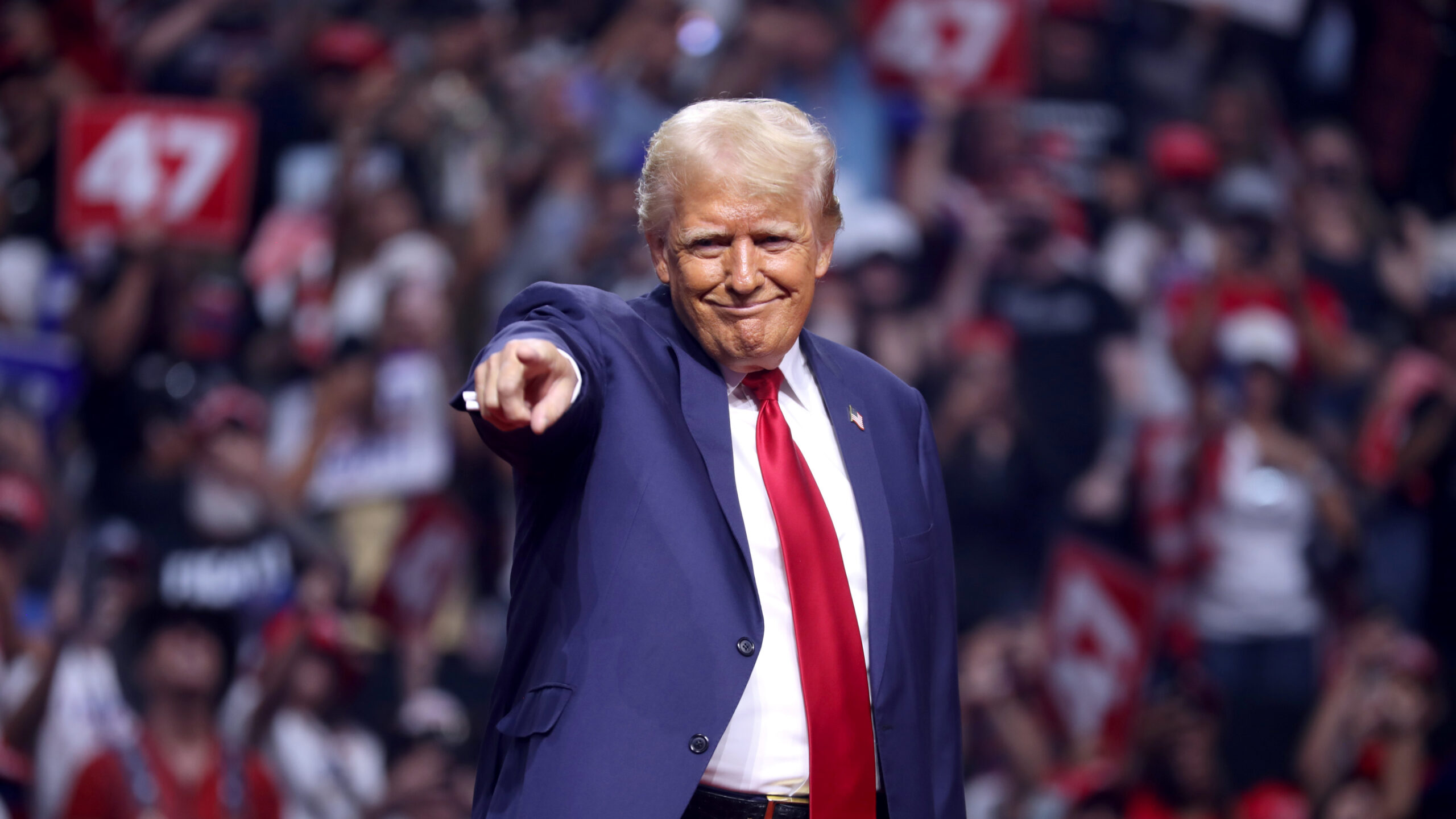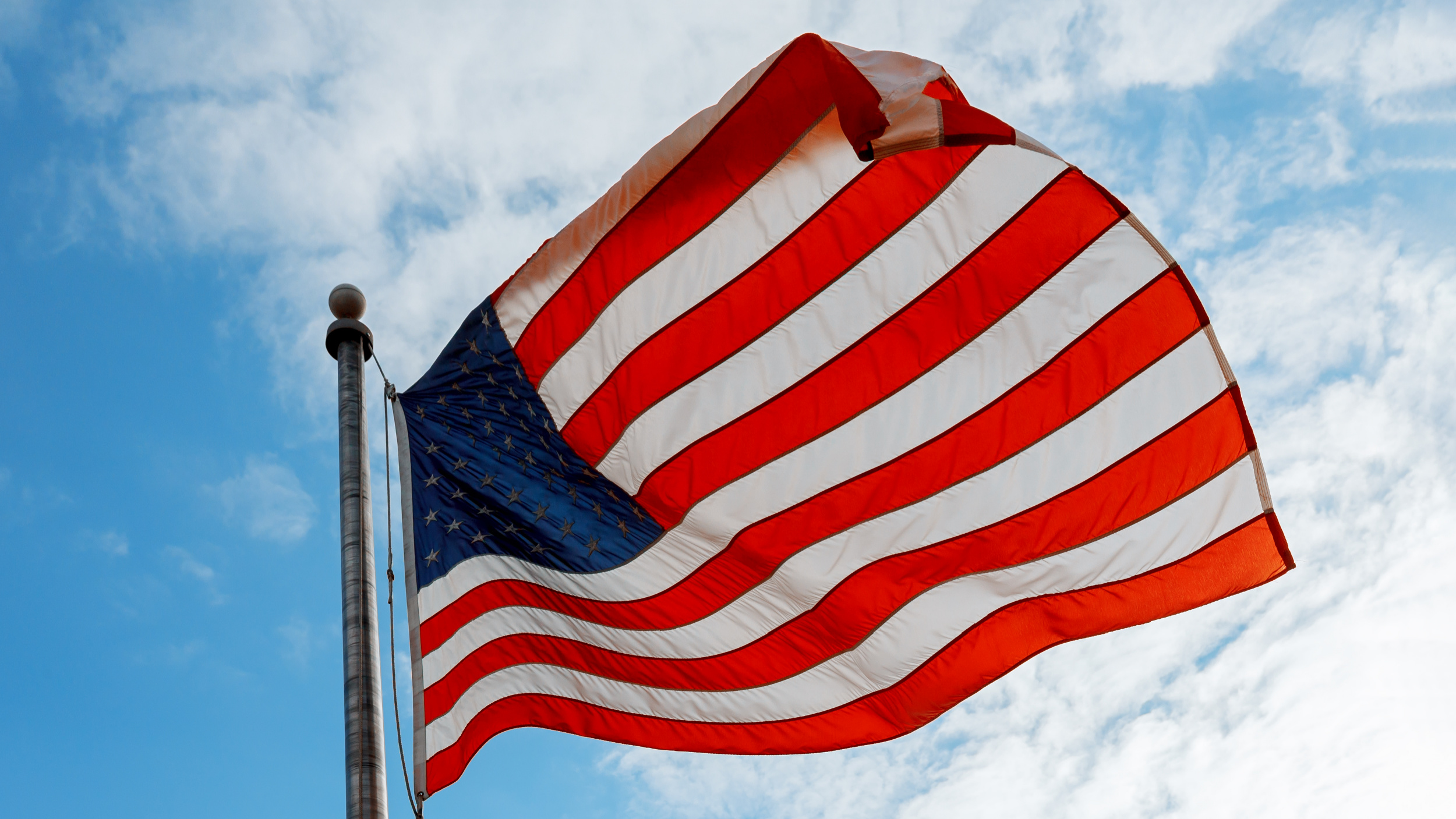| Jeremy Streatfeild,
Director, Office of African Affairs Office of the United States Trade Representative |
Edward Gresser,
Chair of the Trade Policy Staff Committee, Office of the United States Trade Representative |
June 23, 2021
Re: Annual Review of Country Eligibility for Benefits under the African Growth and Opportunity Act, Docket USTR-2021-0009
Dear Messrs. Streatfeild and Gresser,
The Coalition for a Prosperous America (CPA) is a nonprofit organization representing the interests of 4.1 million households engaged in domestic production through our agricultural, manufacturing and labor members.
Section 104 of the African Growth and Opportunity Act (AGOA), 19 U.S.C. § 3703(2), requires that beneficiary countries “not engage in activities that undermine United States national security or foreign policy interests”.
The activities of Mauritius and Djibouti, as explained below, violate this provision and therefore should not be granted trade preferences under AGOA. Furthermore, any countries that are participants in China’s Belt and Road Initiative should receive heightened scrutiny, pursuant to 19 U.S.C § 2466a(a)(2), to determine whether they should continue to receive beneficiary status.
Mauritius
On January 1, 2021, a free trade agreement (FTA) between Mauritius and China went into effect.[1] The Chief of the WTO Department at China’s MOFCOM described the FTA’s importance as follows:
The FTA is an important progress in the implementation of China’s FTA strategy under the guidance of Xi Jinping Thought on Socialism with Chinese characteristics for a New Era. As the first FTA signed between China and African countries, it will play a positive role in promoting China-Africa cooperation, and will also help China to build a new system of open economy in the new era, and form a new development paradigm with the domestic circulation as the mainstay and the domestic and international circulations reinforcing each other.[2]
If a country is adopting and moving towards Xi Jinping’s Thought on Socialism with Chinese Characteristics for a New Era, it cannot be said to be moving towards “a market-based economy that … minimizes government interference in the economy”, as required by 19 U.S.C. § 3703(1)(A).
The Mauritius-China FTA also presents an unacceptable risk to the integrity of U.S. rule of origin laws, specifically in the textiles and apparel sector. Textiles and apparel enjoy the highest U.S. duty rates of any sector, averaging 16 percent. Textiles and apparel also account for roughly 40 percent of U.S. tariff revenue (not counting trade remedies duties). This makes AGOA’s waivers of duties on certain textiles and apparel very attractive for Chinese producers seeking to circumvent U.S. tariffs.
China’s MOFCOM singled out textiles as a key growth driver of Chinese exports to Mauritius:
Mauritius will gradually reduce tariffs to zero for 94.2% of tariff lines, accounting for 92.8% of Mauritius’s imports from China through a maximum 5-year tariff reduction period, which will benefit Chinese exports to Mauritius, such as steel products, textiles and other light industrial products.[3]
Mauritius’ top exports to the United States are textiles and apparel. The danger that Mauritius becomes a center for rule of origin fraud and tariff evasion is too great as a result of their new FTA with China, and given that this threat comes about as the country moves closer to Xi Jinping’s illiberal governance model, Mauritius’ beneficiary status should be terminated pending further review of the FTA’s implications.
Djibouti
In 2016, China began construction of a military base in Djibouti following a cooperation agreement with the country’s government.[4] The base is said to host “a few thousand” Chinese military personnel.[5] In May, 2018, “DOD officials reported that the United States had delivered a demarche to China over several incidents in which lasers were pointed from the Chinese base at U.S. military aircraft”, causing injury.[6] On April 22, 2021, General Stephen Townsend, Commander of U.S. Africa Command, told the U.S. Senate Armed Services Committee that China was in the final steps of completing a very large and capable naval pier for docking “their largest ships, to include the Chinese aircraft carrier as well as nuclear submarines.”[7]
Djibouti’s provision of a military launching base on the coast of east Africa to China’s People’s Liberation Army is incompatible with the eligibility requirement of Section 104 of the African Growth and Opportunity Act (AGOA), 19 U.S.C. § 3703(2), which requires that beneficiary countries “not engage in activities that undermine United States national security or foreign policy interests”.
Belt and Road Initiative Countries
Countries that participate in China’s One Belt One Road Initiative[8] (BRI) should have their AGOA beneficiary status receive heightened scrutiny, pursuant to 19 U.S.C § 2466a(a)(2). Different sources have complied varying lists of which countries have signed an official government to government agreement to participate in China’s BRI. An OECD compilation suggests the following AGOA beneficiary countries are participants:
Benin, Botswana, Cabo Verde, Chad, Comoros, Democratic Republic of the Congo, Republic of the Congo, Cote d’Ivoire, Djibouti, Gabon, The Gambia, Ghana, Guinea, Kenya, Lesotho, Liberia, Madagascar, Mali, Mozambique, Namibia, Niger, Nigeria, Rwanda, Senegal, Sierra Leone, South Africa, Tanzania, Togo, Uganda, and Zambia.[9]
The U.S. Department of State reports that China’s People’s Liberation Army (PLA) “seeks to project power by establishing military bases worldwide via BRI and military cooperation deals, both to dominate the Indo-Pacific region and challenge the United States globally.”[10]
CPA recommends that BRI participation should be determined incompatible with AGOA status. At a minimum, further investigation as to the nature of China’s military and economic influence in those countries should be conducted.
Summary
It is important that the eligibility criteria of trade preference programs like AGOA be vigorously enforced. Failure to enforce those requirements eliminates any incentives for those countries to change their behavior, all while providing unilateral trade benefits that are not in America’s interests.
For the reasons explained above, CPA recommends that Mauritius and Djibouti be removed from the list of AGOA beneficiary countries. Further, we recommend that heightened scrutiny be applied to determine whether BRI countries should continue to enjoy beneficiary status.
Sincerely,
Michael Stumo, CEO
Coalition for a Prosperous America
[1] WTO Committee on Regional Trade Agreements – Council for Trade in Services – Notification of Regional Trade Agreement – China and Mauritius (WT/REG442/N/1), available at http://rtais.wto.org/UI/PublicShowRTAIDCard.aspx?rtaid=1034&lang=1&redirect=1
[2] Chief of the WTO Department of MOFCOM introduces the Free Trade Agreement between the Government of the People`s Republic of China and the Government of the Republic of Mauritius, January 3, 2021, available at http://fta.mofcom.gov.cn/enarticle/chinamauritiusen/enmauritius/202101/44182_1.html
[3] Id.
[4] Congressional Research Service “China’s Engagement in Djibouti”, September 4, 2019, available at https://crsreports.congress.gov/product/pdf/IF/IF11304/3
[5] Id.
[6] Id.
[7] Senate Armed Services Committee Hearing U.S. Central Command And U.S. Africa Command In Review Of The Defense Authorization Request For Fiscal Year 2022 And The Future Years Defense Program (April 22, 2021), available at https://www.centcom.mil/Portals/6/Documents/Transcripts/04222021SASCCENTCOMandAFRICOMTranscript.pdf
[8] The State Council of the People’s Republic of China, The Belt and Road Initiative, available at http://english.www.gov.cn/beltAndRoad/
[9] https://www.yidaiyilu.gov.cn/. See also OECD, “China’s Belt and Road Initiative in the Global Trade, Investment and Finance Landscape”, OECD Business and Finance Outlook 2018, available at https://www.oecd.org/finance/Chinas-Belt-and-Road-Initiative-in-the-global-trade-investment-and-finance-landscape.pdf
[10] U.S. Department of State, “The Chinese Communist Party: Threatening Global Peace and Security”, available at https://2017-2021.state.gov/the-chinese-communist-party-threatening-global-peace-and-security/index.html













